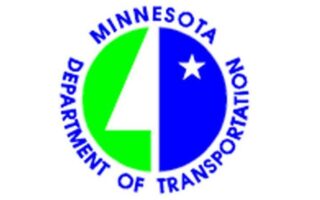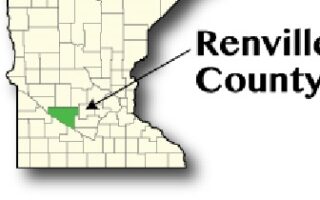Redwood Falls City Council approves controversial sanitary sewer overflow ordinance (updated)

(An earlier version of this story neglected to mention the ordinance that passed Tuesday evening can be amended as necessary over the project’s three-year span, and that the city welcomes public input as the project moves along.)
A packed audience debated and watched Tuesday as the Redwood Falls City Council approved a controversial, three-year program to reduce the amount of water that overflows into the sanitary sewer system during heavy rain.
During heavy rain events, such as when the town has gotten up to seven inches of rain in one day, Redwood’s storm sewer system is designed to remove the water as quickly as possible to the river. However, many homes and businesses have sump pump or tile systems which send storm water out to the sanitary sewer system instead.
Excess rainwater that goes into the sanitary sewers ends up having to go through Redwood’s water treatment plant, completely overloading its capacity. Also, excess storm water going into the sanitary sewer system causes it to back up, increasing the chances of basements flooding.
The new program, based on a similar one which has produced good results in West Saint Paul, was first debated at the previous city council meeting. It has been controversial among the public for basically two reasons. It would require city residents to either allow a city team into their home or business to inspect water drainage systems such as sump pumps and/or tile systems. Also, if a home’s drainage system sends excess water to the sanitary sewer, it is the homeowner’s responsibility and expense to get it back into compliance.
Much of the objection from members of the public at Tuesday’s meeting was about homeowners having to allow a city crew into their homes to inspect the sump pump or tile system. The councilors pointed out that homeowners will have the option of hiring a private plumber to do the inspection instead, at the homeowner’s expense.
The other objection was addressed by a clause in the ordinance in which the homeowner could finance any needed repairs up to $5,000 at three percent interest, with payments assessed to the property over 10 years.
City councilors and staff acknowledged much work remains to be done to keep the public informed about why the new program is necessary, and how it will affect home and business owners over the next three years. Residents will receive mailings from the city keeping them updated, as well as being able to check the city’s website and Facebook page.
In addition, the first of a series of public meetings about the project is scheduled for Dec. 5.







